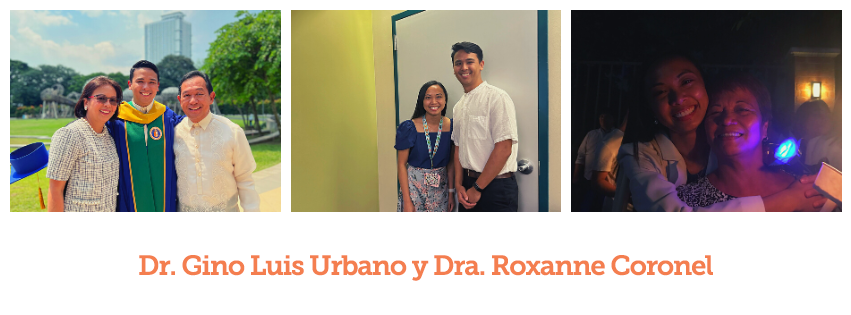Celebrando el Mes de la Historia Filipino-Americana
17 de octubre de 2025Octubre es el Mes de la Historia Filipino-Americana (FAHM), un momento para celebrar el rico patrimonio, la cultura y las contribuciones duraderas de la comunidad filipina en los Estados Unidos. Honra el legado de los primeros filipinos, conocidos como los Luzones Indios, que llegaron a la actual Morro Bay, California, a bordo del galeón español Nuestra Señora de Esperanza el 18 de octubre de 1587.
FAHM fue celebrado por primera vez el 1992 de octubre por la Sociedad Histórica Nacional Filipino-Americana (FANHS).
El Congreso de los Estados Unidos declaró octubre como FAHM en 2009, y en 2015 el presidente Barack Obama celebró el primer evento FAHM en la Casa Blanca. El tema oficial de FAHM 2025 es From Quotas to Communities: Filipino American Migration and Movement , que conmemora el 90º aniversario de la 1935ª Ley de Repatriación Filipina y el 60º Aniversario de la 1965ª Ley de Inmigración y Naturalización.
El tema de este mes nos recuerda lo lejos que ha llegado nuestra comunidad y cómo nuestras historias continúan dando forma al futuro. Como pediatras filipinos, estamos orgullosos de ser parte de esta historia y llevar esta identidad con nosotros en el trabajo que hacemos por los niños y sus familias.

Lo que mis raíces filipinas me enseñaron
Al crecer en la ciudad propensa a las inundaciones de Pampanga en Filipinas, vi de primera mano cómo las familias se adaptaron a los desafíos, se reconstruyeron, se apoyaron mutuamente y avanzaron con la esperanza de un futuro mejor. Llevo ese mismo espíritu de resiliencia y optimismo en la forma en que abordo las largas horas y las empinadas curvas de aprendizaje de la residencia.

El valor central filipino de malasakit, un profundo cuidado por los demás como si fueran propios, guía cómo abordo cada encuentro con el paciente con sinceridad y compasión. Estos valores me recuerdan cómo la comunidad filipina en general fue moldeada por la migración y el sacrificio; transformando las dificultades en oportunidades.
La herencia filipina en la práctica
En tagalo, uno de los muchos dialectos que se encuentran en Filipinas, la palabra kapwa se usa para transmitir
una identidad compartida y una unidad que todos poseemos. En la práctica, se espera que uno trate a los demás como si fueran
se harían a sí mismos, con respeto y compasión, independientemente de su cultura u origen. Cada
interacción que tengo en el entorno de la atención médica, ya sea con otros profesionales de la salud, pacientes o
sus familias, trato de recordar y aplicar kapwa. Cada reunión se basa en el respeto,
atención y propósito. Creo que esto me ha servido bien para desarrollar una relación con los demás y
Estoy agradecido de que me lo hayan inculcado desde una edad temprana.


